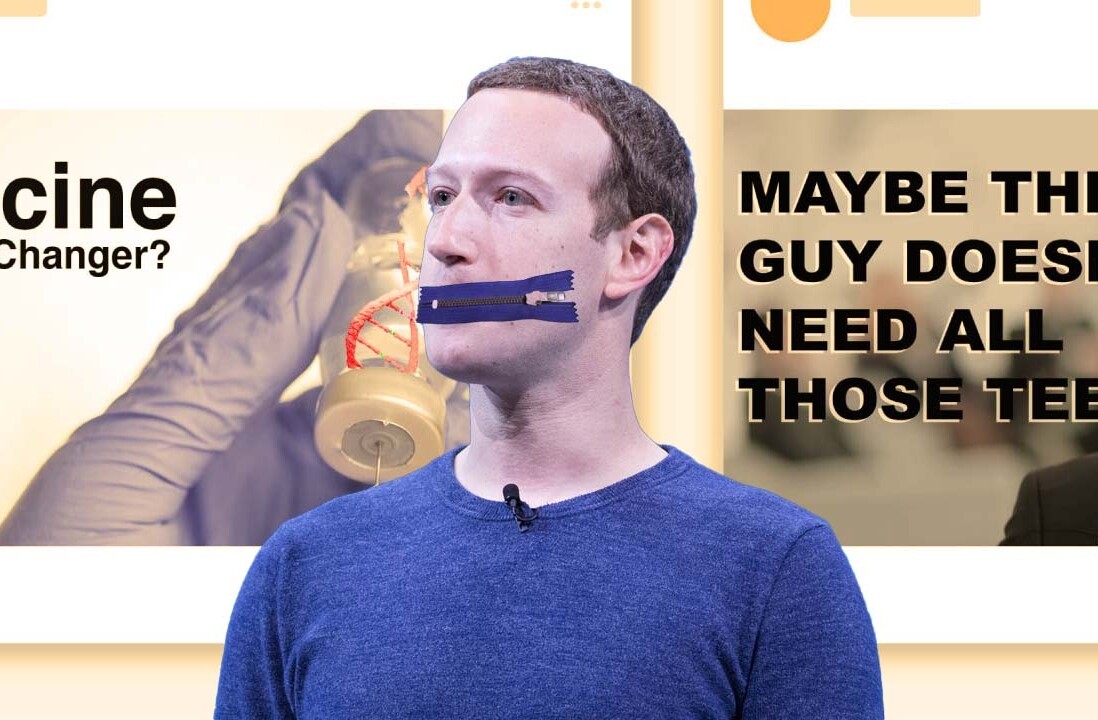Facebook today announced it’s open-sourcing two technologies that help it curb the spread of problematic content like child exploitation, terrorist propaganda, or graphic violence online. These technologies aid the social network in detecting identical and nearly identical photos and video in order to weed out content that’s been flagged as being in violation of its policies.
The company said by using these open-sourced APIs, developers can create algorithms to match two similar files without the original image or video:
These technologies create an efficient way to store files as short digital hashes that can determine whether two files are the same or similar, even without the original image or video. Hashes can also be more easily shared with other companies and non-profits.
In May, following the Christchurch terrorist attack. Facebook partnered with The University of Maryland, Cornell University, and The University of California, Berkeley to research and develop technologies to detect manipulated photos and videos.
The company says it hopes developers and organizations take benefit of these libraries and share digital footprints of different types of harmful content. If developers can build a collective database of potentially harmful content, it can help organizations make digital platforms safe for users, and prevent them from encountering disturbing or offensive material.
You can learn more about the announcement here and check out the GitHub library for the open-sourced technology here.
Get the TNW newsletter
Get the most important tech news in your inbox each week.






